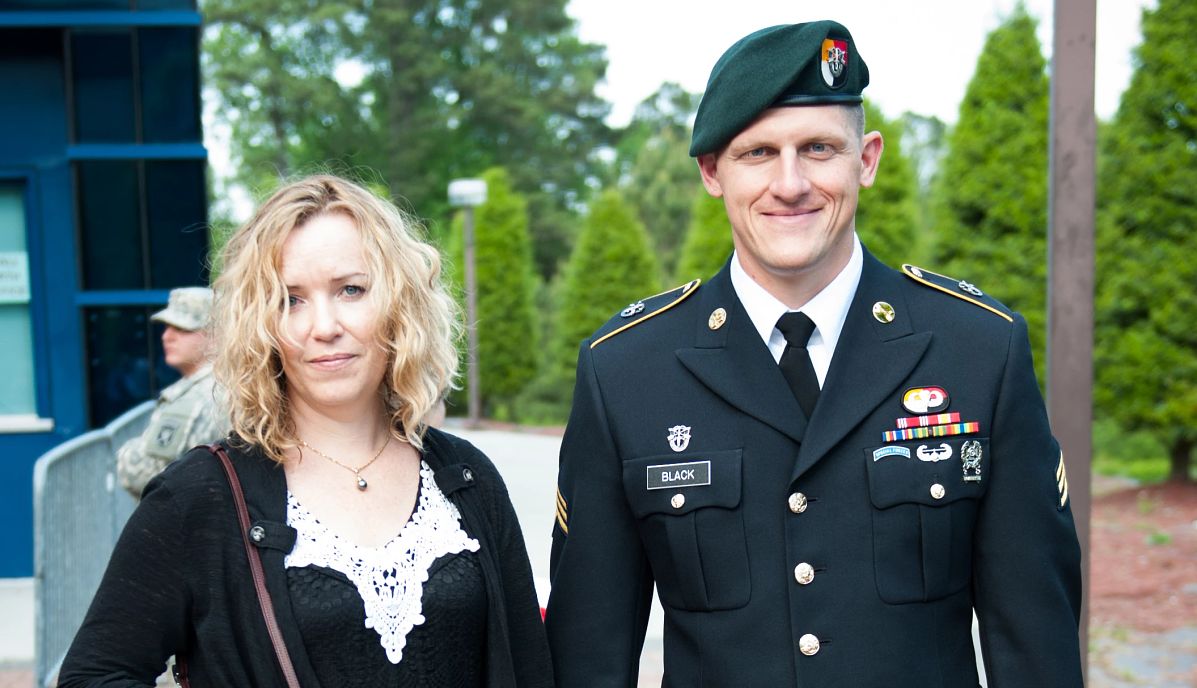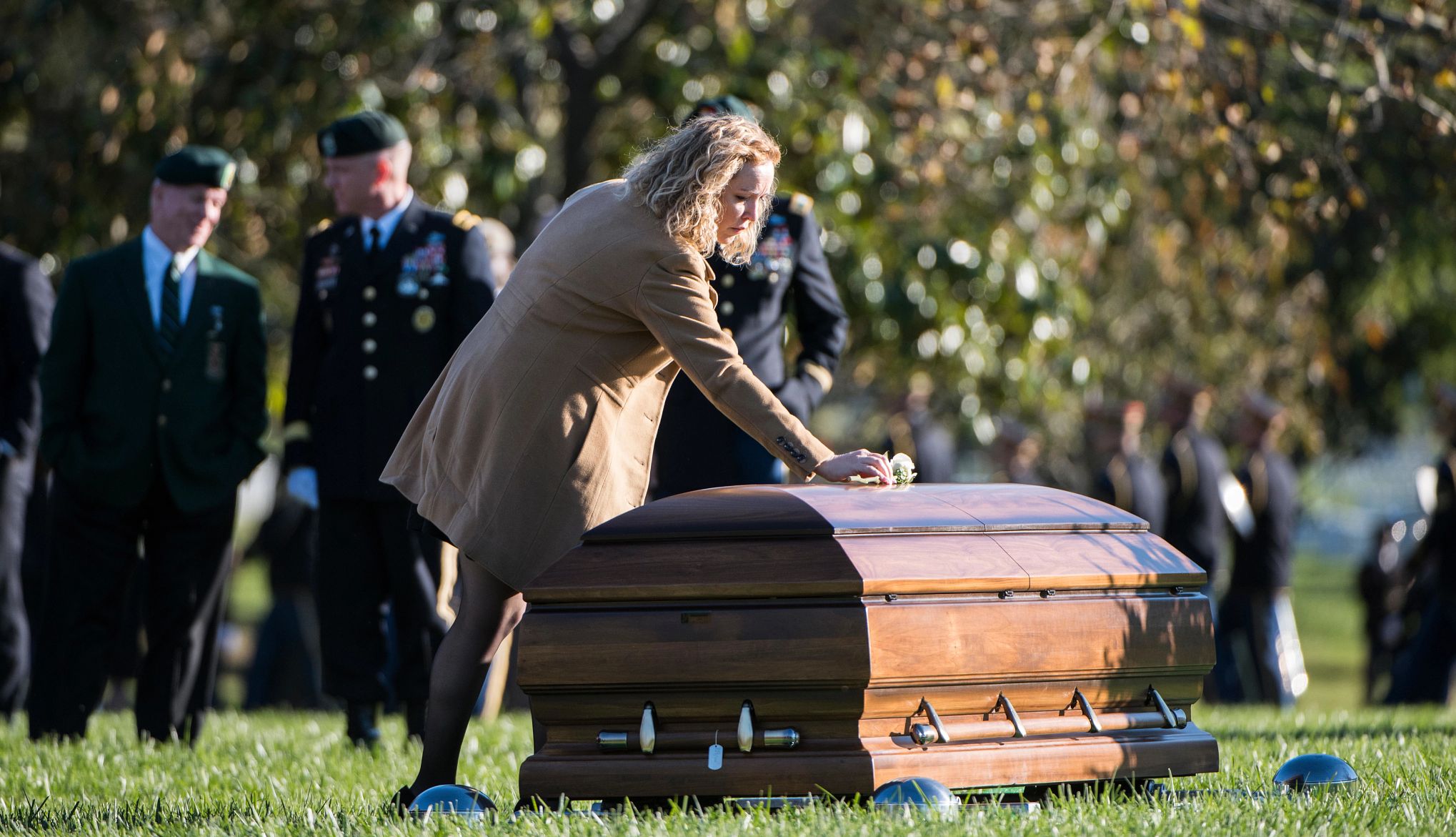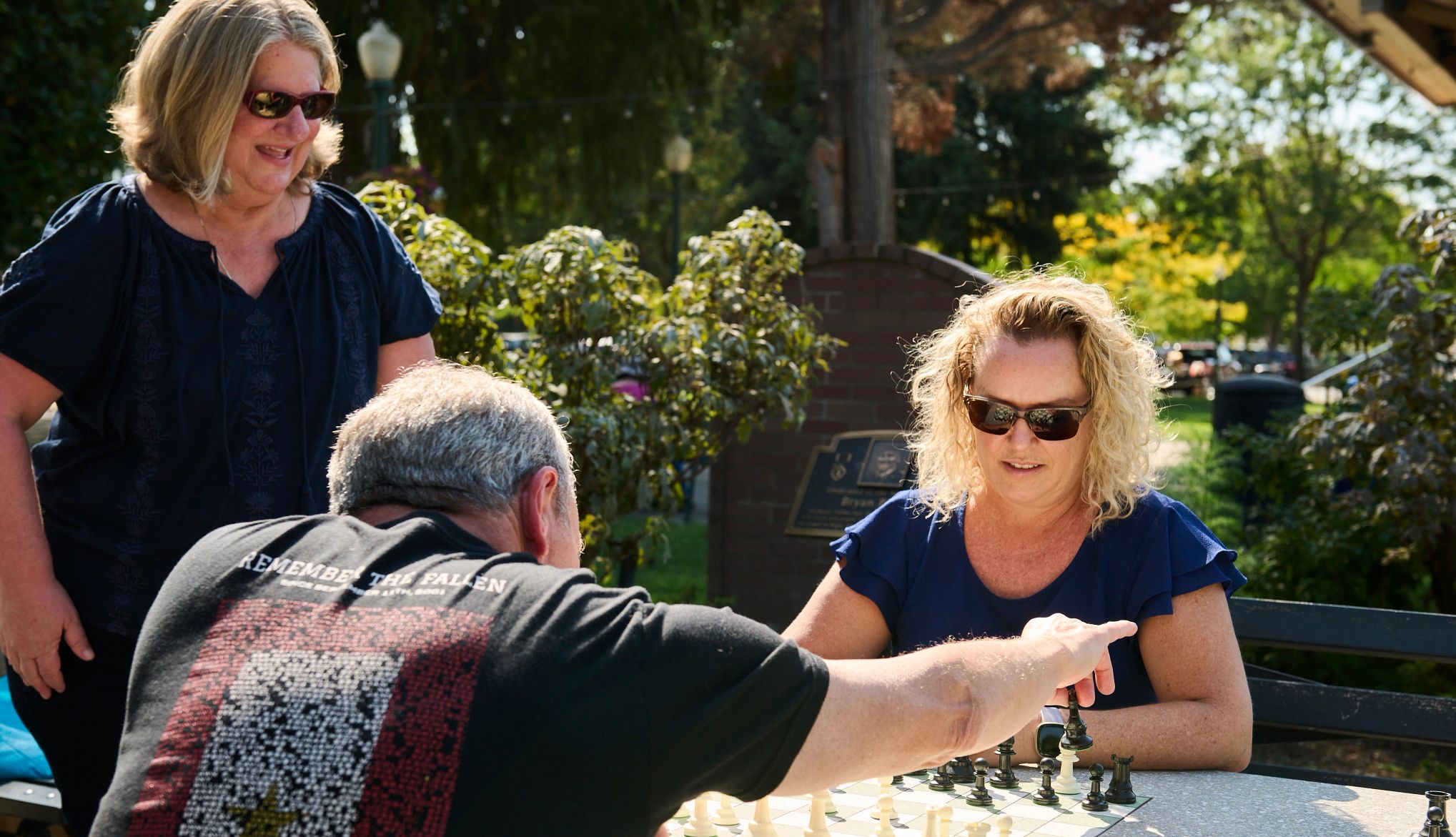AARP Hearing Center


We are told that grief is done in stages. When we’ve never lost a loved one, we have no concept of how it feels, so the idea of stages is comforting. As Americans, we are particularly good at stages and having a step-by-step guide to our lives. Self-help books and five steps to everything are how we spend many days trying to navigate this complex world.
The comforting idea of the five grief stages comes in handy when we have a friend who has lost a loved one. We don’t worry because we can be confident that they will be as good as new in just five short stages, and we’ll have our friend back. Their spouse may be dead, but they’ll bounce back; we know it. We’ve read the stages and are certain it can’t take long to work through denial, anger, bargaining, depression, and acceptance.
When a person loses someone they love, they step into grief thinking they know what to expect and how to work through those five predictable stages. They begin with great hope that after the first year, they will have experienced and worked through each stage and be ready to move on with their lives.
In 2017, when I was 39, I was at home raising two young boys while my 35-year-old husband Staff Sgt. Bryan Black was deployed half a world away in Niger, West Africa. We had our whole lives ahead of us, and he was going to retire from the Army soon and start another career in finance. We had been planning a Paris trip and were brushing up on our French in preparation.
Five weeks into Bryan’s deployment, I received that fateful knock at the door. At that moment, I learned the reality of grief and that its stages are a myth. The myth lies not in their existence but in the idea that they come in order, have a time limit and in the belief that the individual stages are never revisited.
In the immediate aftermath, you find yourself surrounded by people yet feeling completely isolated, like an island in a raging storm that no one else sees. The storm threatens to engulf you with each passing hour, but no one notices.
It doesn’t take long before the memorial services are over, everyone is gone, and you realize you are utterly alone in this world, fighting for yourself. You spend your days struggling not to drown and feel angry and scared as the water continues to inch higher.


You have incredible highs and even lower lows. There are days you believe you got through the worst of it, only to be hit harder two days later. The loss of a human life has life-long impacts on those left behind. The hope and the healing our grieving hearts seek lie in finding a way to lessen the pain and refocus daily life, so the absence is less apparent.
Be intentional
To refocus and heal, the grieving person must be intentional in their everyday lives. You must talk, but no one will understand that like another grieving person.
































































More From AARP Experience Counts
Living in Britain Makes Me Feel More American Than Ever
U.K. is great but there's so much I miss about homeGrandparents should support their children's 'gentle parenting'
It might seem too permissive but parents should chooseHave an Adventure by Going on a Veterans Expedition
Benefits include motivation and fitnessRecommended for You